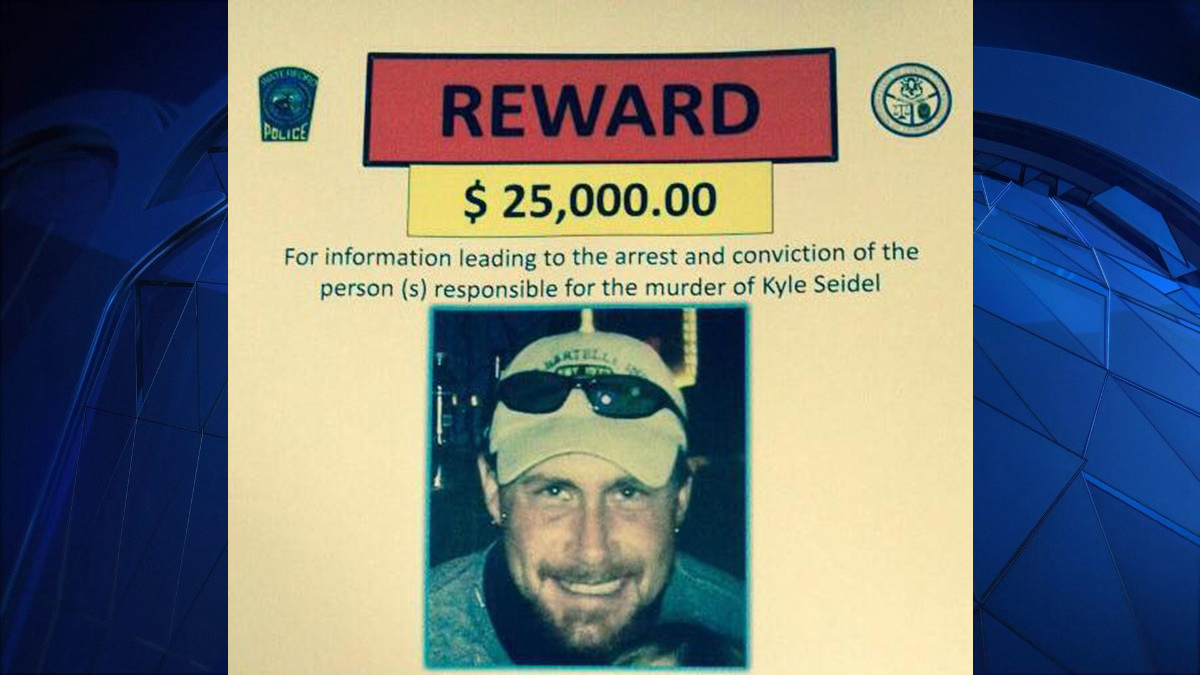Almost two years since the disappearance of New Canaan mom Jennifer Dulos, her memory was front in center of Wednesday’s virtual judiciary committee public hearing.
The committee is currently reviewing bills addressing domestic violence, including SB 1060, what’s known as Jennifers’ Law.
The law also memorializes Jennifer Magnano, a Connecticut mom who was murdered by her husband in 2007 in front of her young kids, according to the group Connecticut Protective Moms.
The committee started listening to emotional testimony from many Connecticut residents, advocates, and beyond beginning at 10 a.m. As of 6 p.m., the public hearing still continued.
Get top local stories in Connecticut delivered to you every morning. >Sign up for NBC Connecticut's News Headlines newsletter.
“I am ever so thankful for the familial support I had, my parents, my brother and my sister, and my dear friends, but what if people are not as fortunate as me?” said one domestic violence survivor.
One component of Jennifers’ Law is to expand the definition of domestic violence in civil statue cases to include non-physical forms of abuse coined “coercive control,” described like this by actress Evan Rachel Wood.
“The analogy I like to use for coercive control is the lobster slowly boiling in the pot. You don’t realize that you’re being boiled until it’s too late. It happened gradually and slowly and then suddenly you realize, ‘Oh I can’t pick up my phone and call my parents,’” she said.
Local
The Golden Globe nominee says she wishes she had been more aware of the impact of this manipulation as she shared details of an abusive relationship she says she was in with a much older man.
“I believe strengthening our knowledge of coercive control can save lives,” said Wood.
The Connecticut Coalition Against Domestic Violence spoke in favor of another bill being discussed Wednesday.
That bill, SB6, focuses on family court proceedings like temporary restraining orders and child custody cases.
"Seventeen other states already make it possible to get a restraining order for abusive family situations without waiting for the situation to devolve into physical violence,” said Steve Eppler-Epstein, interim CEO and president of CCADV.
The judiciary committee will consider the public’s input.
They have until April 9 to vote on and move forward any of the bills discussed Wednesday.
CORRECTION 8:57 P.M. EST: A previous version of this article misstated which bill the CCADV spoke in favor of. The text above has been corrected to reflect the correct proposed legislation.



